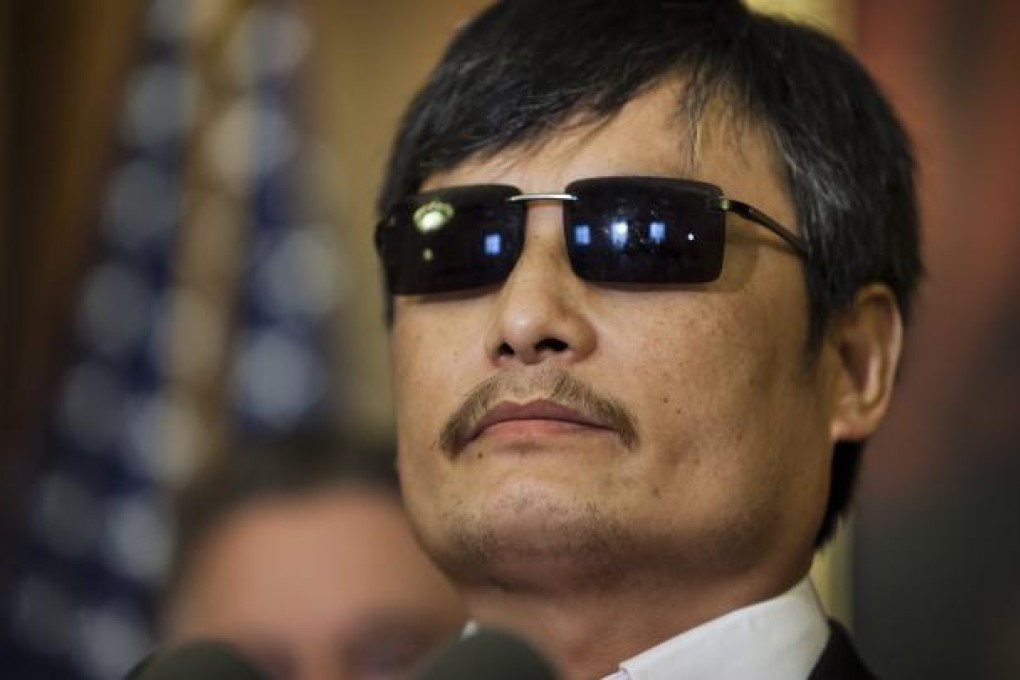Chen Kegui case shows rule of law still weak in China
Resisting police usually leads to charges that are local news at best. What sets the case of 32-year-old Chen Kegui apart is that he is the nephew of blind activist Chen Guangcheng, who caused a diplomatic tussle when he escaped from his guarded village home in Shandong to the American embassy in Beijing, before leaving for the US.

Resisting police usually leads to charges that are local news at best. What sets the case of 32-year-old Chen Kegui apart is that he is the nephew of blind activist Chen Guangcheng, who caused a diplomatic tussle when he escaped from his guarded village home in Shandong to the American embassy in Beijing, before leaving for the US.
Speaking from his new home in New York, Chen Guangcheng has condemned as revenge for his escape the jail sentence of three years and three months imposed on Chen Kegui for "intentional injury" of officials who raided his home looking for the dissident. The latter's wife, Yuan Weijing, says the younger man feared for his life and was defending himself when he attacked officials with knives. The story could have ended there but for the way in which authorities handled his case. That, too, has become the subject of a terse diplomatic exchange with the US over what the State Department described as a "deeply flawed legal process" and a violation of internationally accepted human-rights norms. Despite repeated calls by his uncle for a fair trial, Chen Kegui got a brief, essentially closed-door hearing at which he was represented by two lawyers appointed by the authorities, while another retained by his father failed to get access. His parents - both key witnesses - were barred from attending. China has responded angrily, calling the criticism "gross interference" and insisted that legitimate rights and interests had been duly protected.
The facts speak for themselves. But another issue is that while many things have changed for the better on the mainland, intolerance of dissent and criticism is still not one of them. The time has long past when China should have had the confidence to tolerate, if not accept, human-rights criticism, or offer a reasoned argument. A reminder of that is to be found in president-in-waiting Xi Jinping's recent statement that the authorities must "allow the masses to fully believe in the law", and his pledge to promote the authority of the constitution and the rule of law.